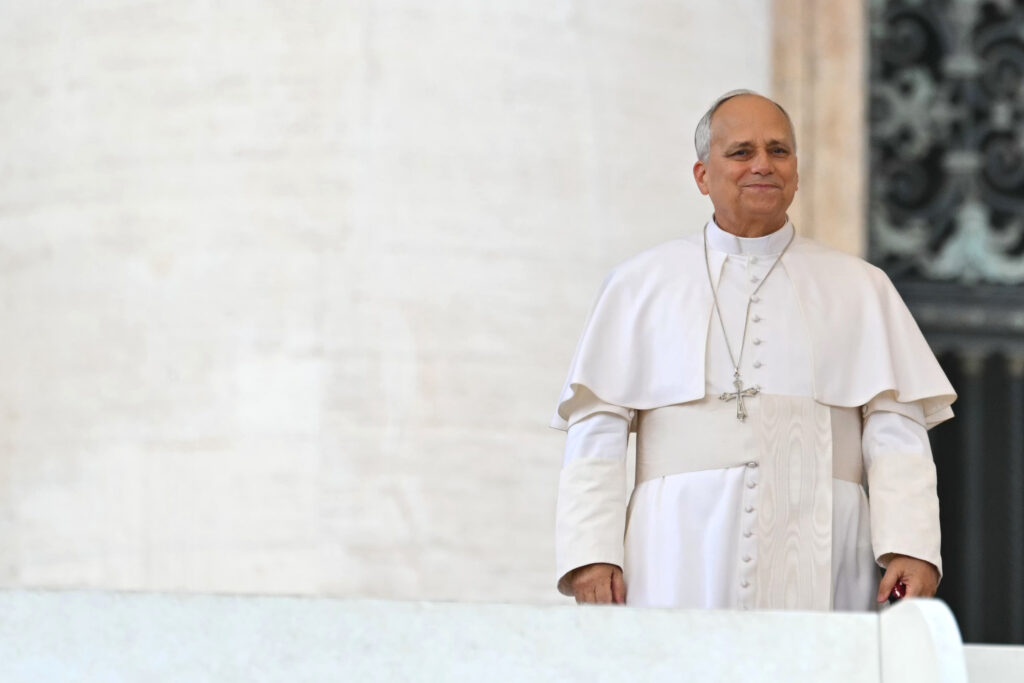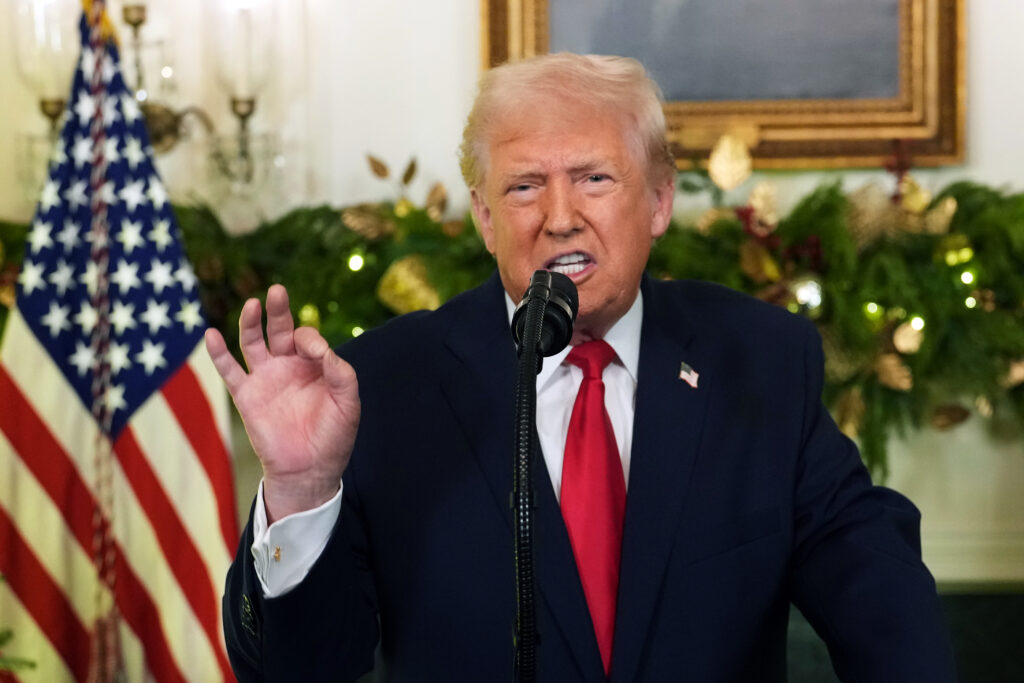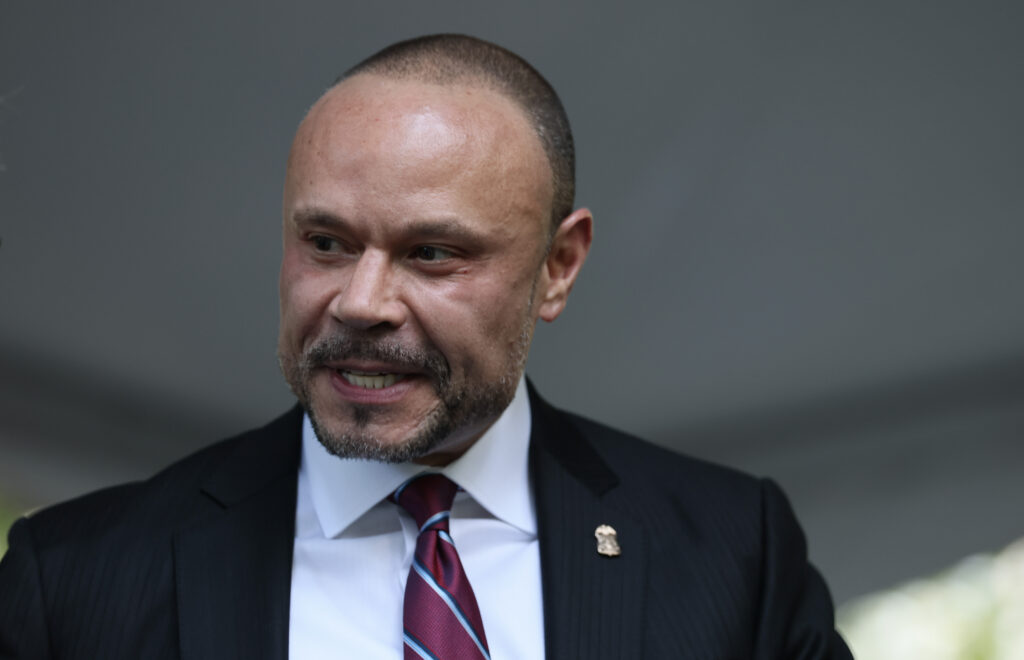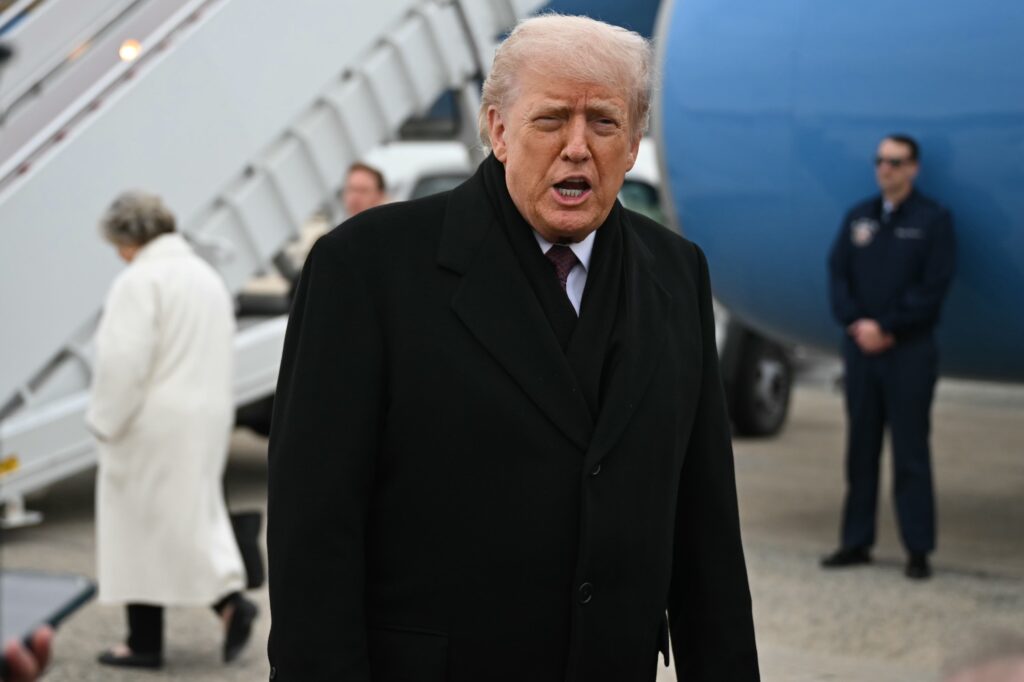Pope replaces New York’s Cardinal Timothy Dolan with little-known bishop
Pope Leo XIV has accepted the resignation of influential New York Archbishop Timothy Dolan, a leading figure of the US church’s conservative wing, the Vatican said Thursday.The first US pope replaced Dolan, who stepped down after reaching the Church’s retirement age of 75, with a little-known 58-year-old bishop from Illinois, Ronald Hicks.The appointment ends months of speculation about who Leo would pick to follow Dolan, widely regarded as being close to US President Donald Trump.This is the most important bishop appointment Leo has made since his election to head up the world’s Catholics in May and signals a desire to take a firmer stance on the US administration’s decisions, particularly on human rights.Hicks shares several similarities with Leo including solidarity with migrants, in contrast with Trump’s zero-tolerance immigration policies.He spent five years of ministry in El Salvador in Central America, while Leo spent two decades in service in Peru.Hicks also served shortly after joining the priesthood in 1994 in several parishes in the Archdiocese of Chicago, the city where Leo was born.Dolan, a ruddy-faced extrovert with Irish-American roots, has served in New York since 2009, tackling shrinking Church membership by reaching out to embrace the growing Hispanic population, which is predominantly Catholic.A theological conservative fiercely opposed to abortion, he oversaw the fallout from a major sexual abuse scandal in the diocese.Just a couple of weeks ago, the archdiocese announced the creation of a $300 million fund to compensate victims of sexual abuse who had filed complaints against the Church.At the time, Dolan said that a “series of very difficult financial decisions” were made, including layoffs within the archdiocese and a 10-percent reduction of its operating budget.









